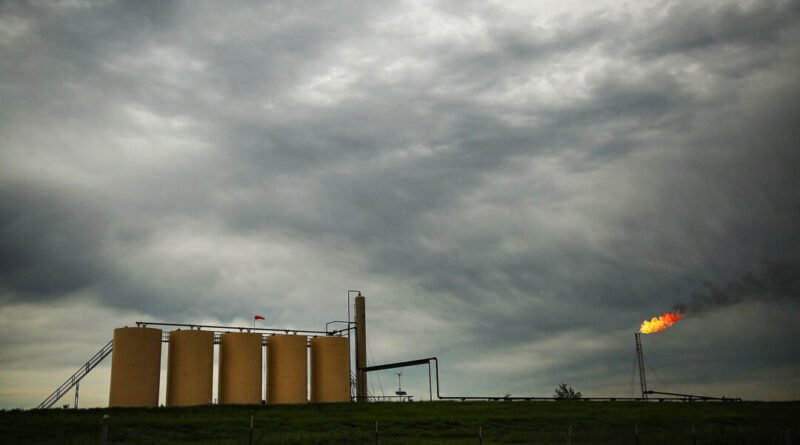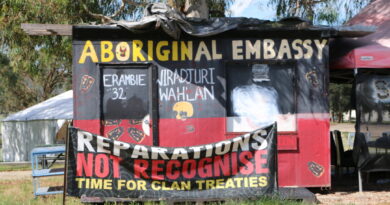Victoria Manufacturers Hit Hard by 100% Increase in Gas Prices
According to stakeholders, renewable gas has the potential to bring about significant economic benefits and job opportunities.
Stephanie Saliba, Director of Corporate and Government Affairs at Mondelēz Australia and New Zealand, pointed out that gas prices in Victorian factories have doubled in the past year, creating a major challenge for manufacturers.
She addressed these concerns during a hearing before the Senate Committee discussing the “Future Made in Australia” bill on Aug. 29th.
The bill, which was introduced in this year’s budget, aims to establish criteria and processes for decision-making to attract private capital in key national interest areas.
Saliba reiterated Mondelēz’s commitment to Australian manufacturing, stating that 90% of the company’s products sold in Australia are domestically made. However, she highlighted that the increasing cost of manufacturing is posing a significant challenge for the company.
“Gas prices have risen by 100% from last year to this year in our Victorian factories,” she mentioned during the hearing.
“While we are taking steps to reduce our carbon footprint, transitioning equipment to more sustainable energy sources requires substantial investment, some of which is currently cost-prohibitive.”
Scott McGrath, Director of Government and Media Relations at the Australian Food and Grocery Council, echoed these concerns.
“Extensive energy costs, labor shortages, ineffective transport infrastructure, and other input costs are some of the pressures suppliers are facing in their efforts to bounce back post-pandemic,” he stated.
Saliba pointed out that Mondelēz has made significant progress in reducing energy consumption, including entering into a Power Purchase Agreement for Victorian plants and looking into heat pump technology.
However, achieving net zero emissions remains a challenge due to the substantial investments needed. Rising input costs and challenging domestic logistics, especially in freight transport, add to the challenges.
“It is crucial for policymakers to understand that gas is still a critical component in both Australian manufacturing and the transition to net zero emissions,” she emphasized.
Additionally, increasing regulatory complexity, including climate disclosures and packaging requirements, adds significant compliance costs and operational challenges.
“Simplifying these regulations is essential to maintain cost competitiveness,” Saliba added.
Stakeholders have advocated for tax incentives to support food and grocery manufacturing.
“This will help us stay competitive globally and contribute to Australia’s economic growth and net zero transition,” Saliba highlighted.
She also called for policy reforms that prioritize renewable energy to reduce costs and enhance sustainability in the industry.
“We suggest that the Future Made in Australia bill explicitly include funding for manufacturing infrastructure, sustainable farming practices, and circular economy projects, which are crucial for reducing emissions and supporting net zero in food manufacturing,” she concluded.
“With the right policy framework, we can continue to expand and invest.”
Aligning the ‘Future Made in Australia’ Bill with Gas Strategy
Industry representatives have stressed the need for better alignment between the government’s “Future Made in Australia” policy and its gas strategy.
David Fallon, General Manager of Energy Transmission at Chevron, emphasized the importance of consistent and predictable policy frameworks to support long-term investments in Australia’s energy sector.
“We see a strong role for gas in the long term and believe that the Future Gas Strategy and the Future Made in Australia policy should work together harmoniously,” he told the committee.
Shahana McKenzie, CEO of Bioenergy Australia, pointed out the absence of renewable gas such as biogas and biomethane in the current policy, labeling it as a missed opportunity.
She highlighted that members like PepsiCo strongly advocate for renewable gas as the most cost-effective option for Australia’s manufacturing industry to reduce carbon emissions, urging the government to incorporate it into the broader energy strategy.
Despite concerns about the lack of renewable gas, both Fallon and McKenzie expressed support for the “Future Made in Australia” bill.
“We are in favor of the bill but want to ensure it aligns with the Future Gas Strategy,” Fallon stated.
Another concern raised is ensuring that emerging industries do not overshadow long-established sectors.
“Our members have been household names for nearly 100 years, and we are worried that with the focus on investing in critical minerals or other emerging sectors, we might lose sight of the existing essential ones that have played a significant role for a long time,” McGrath remarked.





